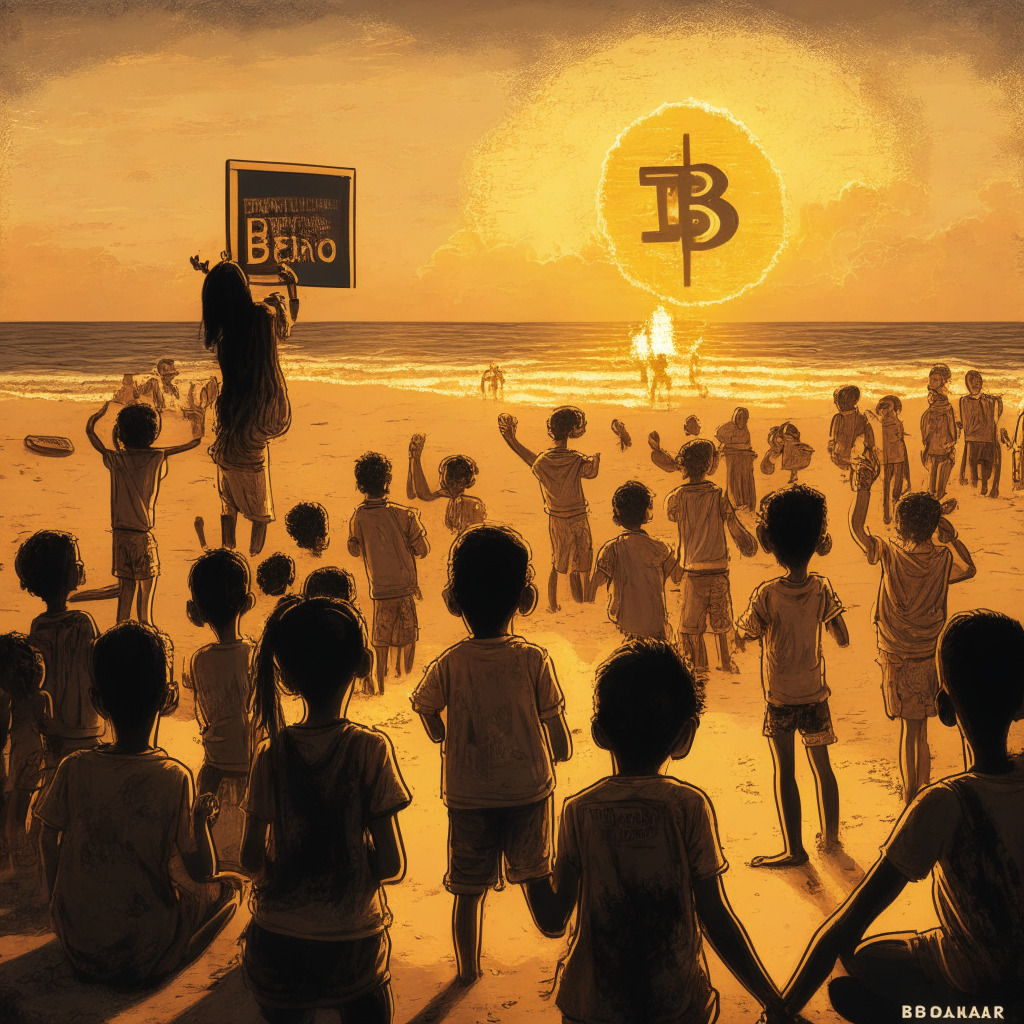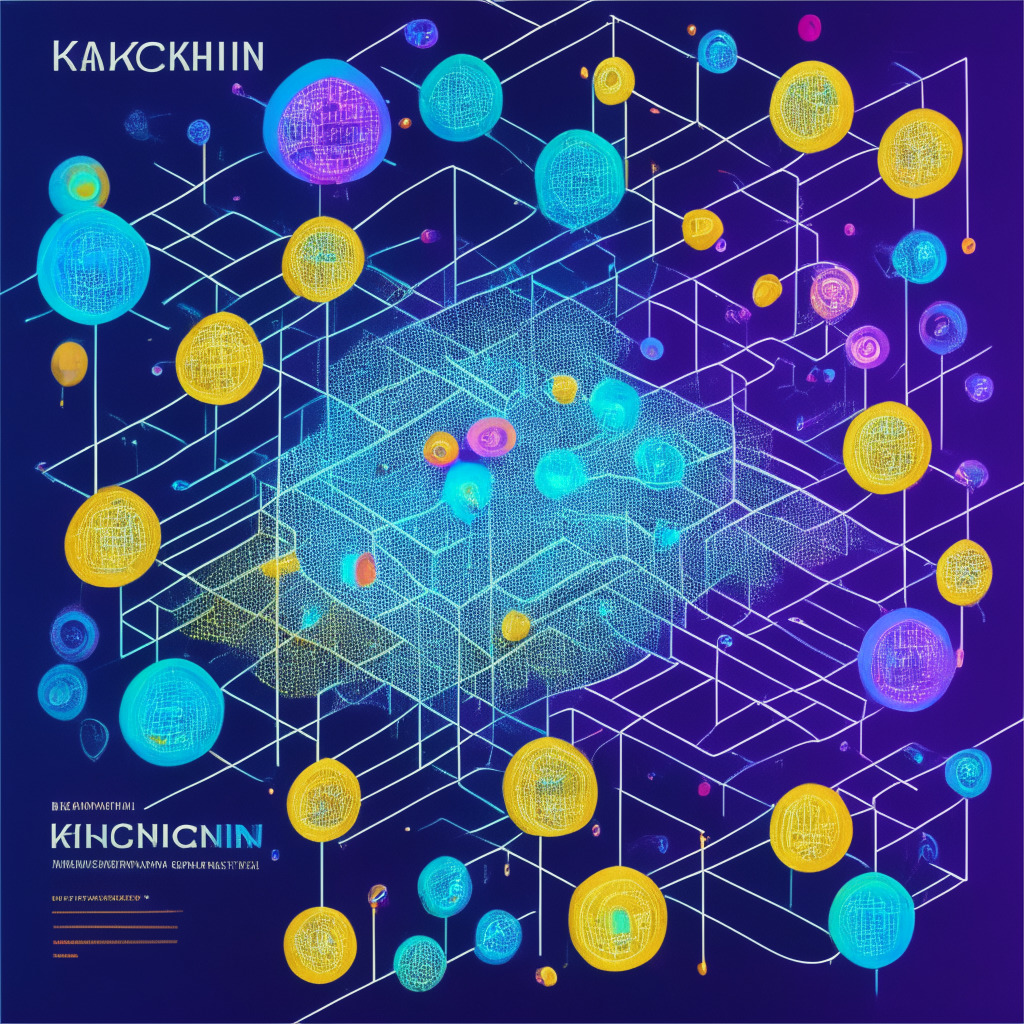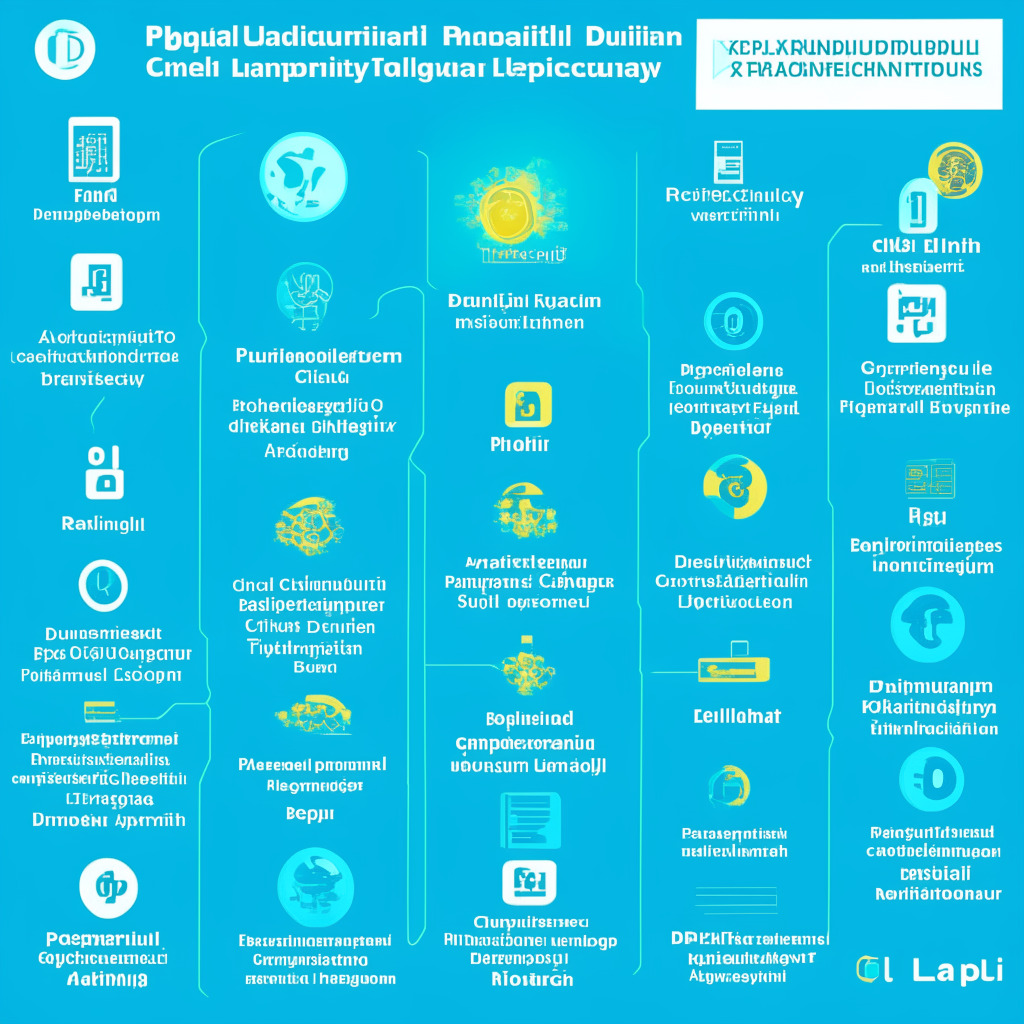In a country where approximately 70% of the population lacks access to traditional financial services, the crypto-revolution is taking an unexpected turn. El Salvadorean children, as young as 12, are now receiving education about Bitcoin. Roman Martínez, community leader of El Salvador’s Bitcoin Beach, reportedly said, “Every Friday we visit schools for Bitcoin education where we talk about money and dreams, we teach them to set up a Bitcoin wallet, we help them receive their first satoshi and make transactions.”
Bitcoin Beach runs after-school programs to help equip kids with knowledge about Bitcoin, money, and the economy. The introduction of cryptocurrency lessons in schools could provide significant advantages for these kids. On one side, being educated about cryptocurrencies can lead to better chances at employment opportunities as the world increasingly embraces digital currencies. “If they know English, have computer skills, know about Bitcoin and know about marketing, they can work remotely for anyone around the world”, Martínez articulated.
However, sceptics may draw attention to the inherent volatility and uncertainty associated with cryptocurrencies. It’s not difficult to imagine the potential loopholes that could result from the widespread adoption of Bitcoin, an unregulated and highly volatile form of capital, as a prominent part of one’s financial knowledge and reality.
Moreover, learning about Bitcoin and other cryptocurrencies is one thing, but understanding how to navigate and operate in this relatively new and wildly fluctuating market is quite another. The course of adoption and effects might diverge dramatically from what’s anticipated, given the various risks entailed.
Interestingly, these Bitcoin-related programs in schools were sparked by the El Salvadoran government’s groundbreaking move to make Bitcoin legal tender in the country in September 2021. The Bitcoin Beach program, based in El Zonte, is working to ensure Bitcoin’s potential is realized by those previously excluded from the traditional financial system. It has helped 25,000 students obtain a “Bitcoin Diploma” through the public school system.
The upshot is that this initiative to teach kids about Bitcoin is ambitious, potentially paving the way for broader financial inclusion and opportunities. However, its success hinges on clearly tackling the volatility and potential security risks associated with the crypto sphere, ensuring that those new to the marketplace are as safeguarded as possible. This system may be a door open to everyone, let’s just make sure it’s not inviting financial instability on the other side.
Source: Cointelegraph




